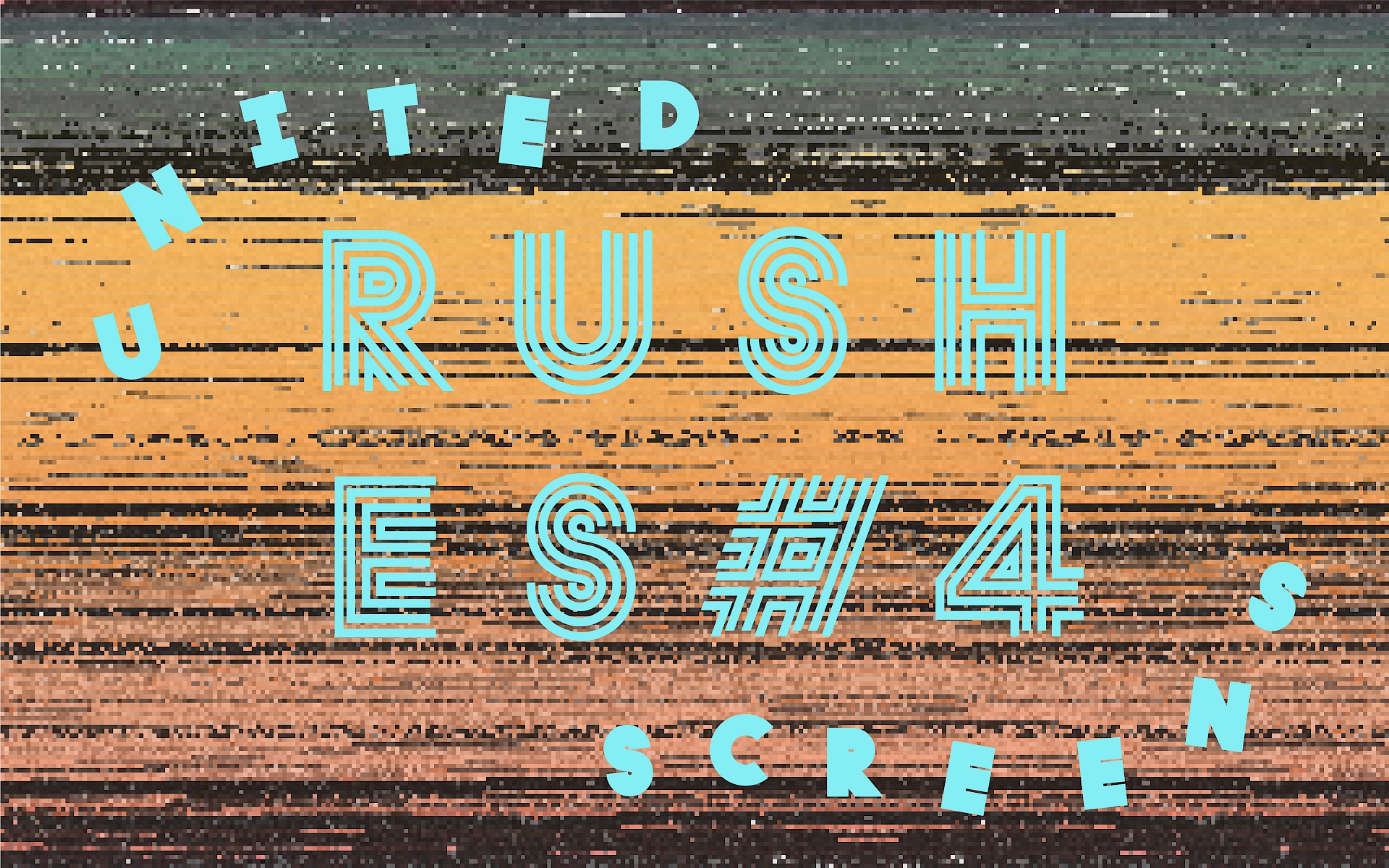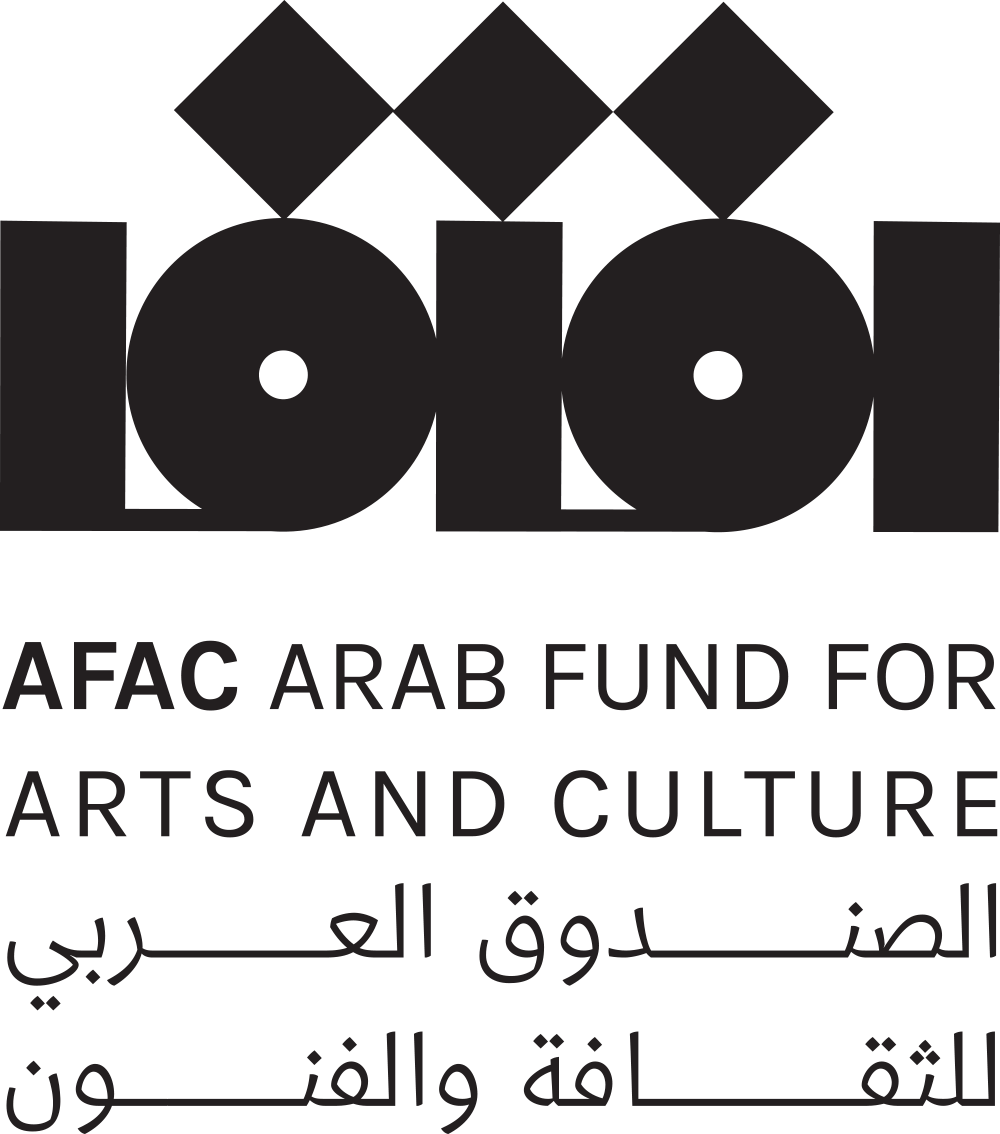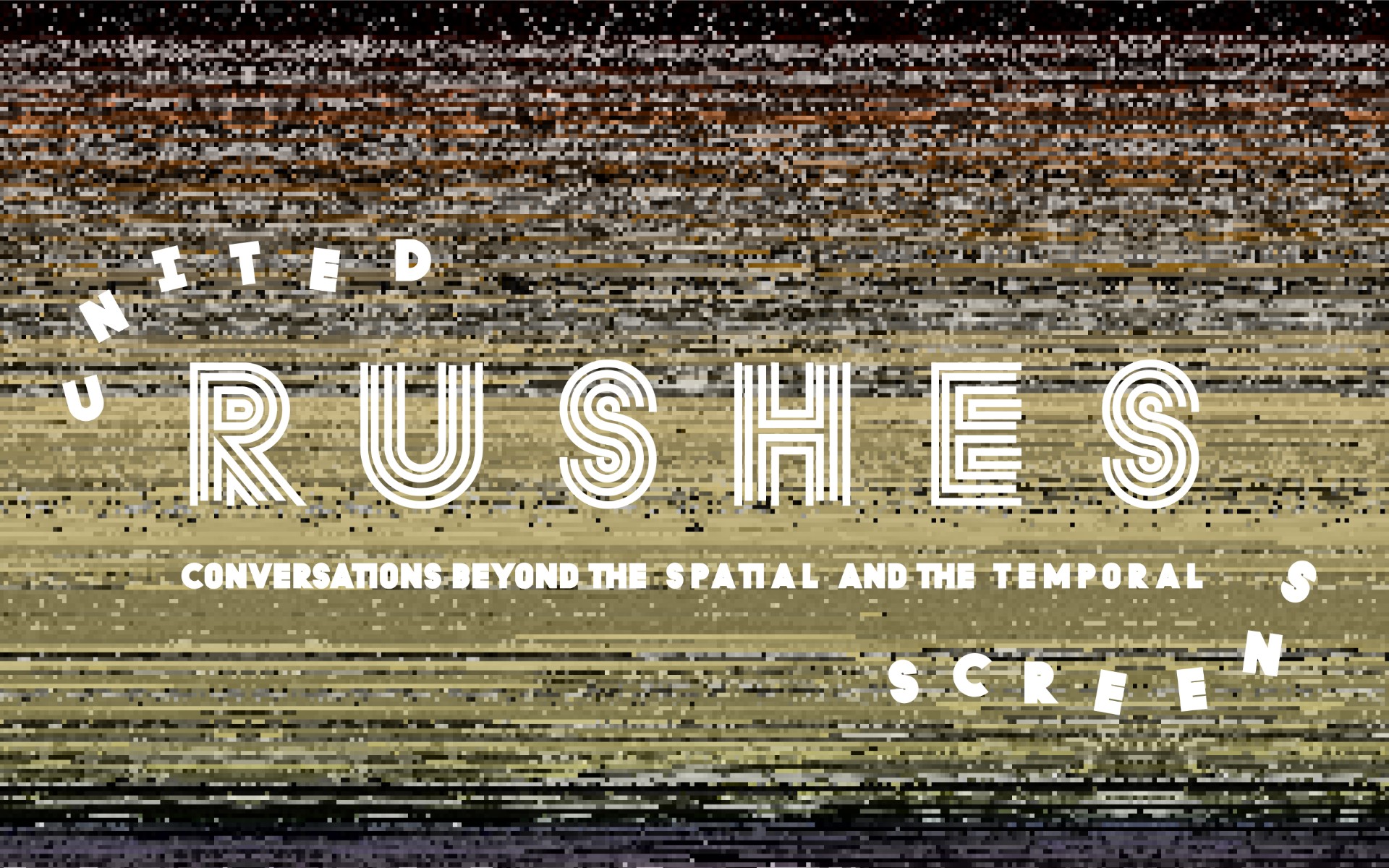Play, rewind, record over, rewind, play.

United screens: Rushes #4 15.01.2021 19:00
With Laura Huertas Millán, Luisa González and Juan Carlos Arias
Moderated by Valentina Medina, Juan Pablo García Sossa and Alvaro Rodriguez Badel
Language The conversation takes place in Spanish with English translation and a good amount of Spanglish
Organised by Estación Terrena Bogotá, Colombia
ONLINE EVENT Join us on our Common Garden platform at this link: play-rewind-record-play.common.garden (When entering please type any username you like and give permission to your mic if you would like to talk to other visitors)
* Versión en español abajo *
For the fourth edition of the UNITED SCREENS RUSHES series, Estación Terrena Bogotá invites Laura Huertas Millán, Luisa González and Juan Carlos Arias to a conversation and collective envisioning around the redistribution of cultural imaginaries through cinematic semi-fiction narratives and contemporary documentary practice in relation to informality in Latin American social contexts.
Estación Terrena (ET) is a space for arts, research, technology and contemporary creation in the electronic sector of the city of Bogotá. Located in what was once an electronic components shop, this place gave rise to BETACOLOR, a store for the distribution and repair of video hardware.
During the 1980’s, color TVs arrived in Colombia along with SONY Betamax tapes and home film equipment. Play, rewind, record over, rewind, play. From soap operas and football games, to family films and other productions, in the following decades more Colombians recorded and screened films that were then distributed on cassettes, DVDs and USB sticks in the street. Thus, through color screens, a variety of scenes and realities were leaked into the collective cultural imaginary – remixing with other realities.
In 2020, both the district and the sector were affected by the disruption of the street due to the hard lockdown in response to the Covid19 pandemic, the eagerness to digitize content and the transformation of several adjacent shops into screen repair centers. Taking as a metaphor the dismantled screens found in the neighborhood, in this RUSHES session we aim to envision ways to deconstruct and re-configure our realities and to diversify mainstream collective imaginaries.
Participants
Laura Huertas Millan is a French-Colombian filmmaker and visual artist, whose practise stands at the intersection between cinema, contemporary art and research.
Luisa González LoFilmmaker and film researcher interested in alternative production methods, that can be inserted into amateurism. Films that take from popular culture and daily life, to make social and political reflections.
Juan Carlos Arias is profesor, film maker and researcher investigating the Transformations of the Cinema of Hunger and representations of violence in Colombia.
Estación Terrena is a space for arts, research, technology and contemporary creation located in the electronic sector of the city of Bogotá (carrera novena between 19th and 24th streets). It is a convergence point for multidisciplinary creative practices in relation to nature, technology and culture in Calle 22 #9-31.
Valentina Medina is a plastic artist and researcher based in Bogotá, interested in the creation of wandering spaces through objects and installations inspired by the relationship nature-technology.
Alvaro Rodriguez Badel is an Artist and film producer based in Bogotá working between the arts and film industry. He works with digital mediums that stand between arts and technology intersection.
Juan Pablo García Sossa / jpgs is a designer, researcher and artist fascinated by the clash between emerging technologies and grass-root popular culture in tropical territories.
/ES
Para la cuarta edición de la serie RUSHES de UNITED SCREENS, Estación Terrena Bogotá invita a Laura Huertas Millán, Luisa González y Juan Carlos Arias a una conversación y envisionamiento colectivo en torno a la redistribución de imaginarios culturales a través de narrativas cinematográficas de semi-ficción y la práctica documental contemporánea en relación con la informalidad en los contextos sociales latinoamericanos.
Estación Terrena es un espacio de artes, investigación, tecnologías y creación contemporánea ubicado en el sector electrónico de la ciudad de Bogotá. Situado en lo que fue una tienda de componentes electrónicos, este espacio dio lugar a BETACOLOR, una tienda para la distribución y reparación de hardware de video.
En la década de los 80 la TV a color llega a Colombia junto a las cintas SONY Betamax y los equipos de film casero. Reproducir, rebobinar, grabar encima, rebobinar, reproducir. Desde telenovelas y partidos de fútbol, a films familiares y otras producciones, en las siguientes décadas más colombianxs grabaron y mostraron films que luego distribuyeron en cassettes, DVDs y memorias USBs en la calle. Así pues, una variedad de imágenes y escenas se filtraron en el imaginario cultural colectivo - remezclandose con diversas realidades.
En 2020, tanto la zona como el sector se vieron afectados por la disrupción de la calle debido al duro encierro en Bogotá en respuesta a la pandemia Covid19, el afán de digitalizar contenidos y la transformación de locales aledaños a centros de reparación de pantallas.
Tomando como metáfora las pantallas "deshuesadas" que se encuentran en el vecindario, en esta sesión de RUSHES queremos envisionar de qué maneras podríamos de-construir y re-configurar nuestras realidades y diversificar los imaginarios colectivos dominantes.
UNITED SCREENS is a long term research, networking and exhibition project, conceived at SAVVY Contemporary, Berlin, that intends to create a platform through which a network of community cinema programmers can be enabled to screen quality alternative cinema and video art. These films would be hosted on a de-centrally curated database of alternative cinema/video art. We are working towards a new technology-based platform to distribute independent films produced across the Global South, comprising of African and Asian continents at large, Latin America, Eastern Europe and Indian subcontinent.
Drawing from the combined spirit of the anti-neocolonial Third Cinema proposition of South America, film cooperatives of Indian subcontinent, avant-garde movements of Eastern Europe, as well as, decolonial resistances of the African continent, we at SAVVY Contemporary were inspired to look into cinema practices active in the contemporary “Global South”, and inquire into the challenges and opportunities in their transnational exhibition.
UNITED SCREENS aspires to become a decentralised, yet peer-reviewed and peer-promoted think-tank on film cultures from the Global South.
ARTISTIC DIRECTION Bonaventure Soh Bejeng Ndikung
CURATION Abhishek Nilamber, Laura Kloeckner, Juan Pablo García Sossa
MANAGEMENT Lema Sikod, Jörg-Peter Schulze, Billy Fowo
DESIGN Juan Pablo García Sossa
COMMUNICATIONs Anna Jäger
Live Stream Boiling Head Media
Rushes are organised as part of the project UNITED SCREENS: NEAR EAST, MIDDLE EAST, FAR EAST. Contemplations on Contemporary Cinema – in collaboration with Wekalet Behna (Egypt), AVEC – L'Association de Volontariats, Échange Culturel et Action des Jeunes (Tunisia), NAAS – Network of Arab Alternative Screens (Lebanon), Estación Terrena (Colombia), and others.
Support This project is generously supported by Arab Funds for Art & Culture (AFAC).


